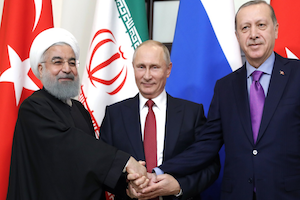U.S.-Turkey Ties: Better Atmosphere, But Harsher Reality Awaits
By Alan Makovsky
July 2, 2021
The day after the June 14 Biden-Erdoğan summit, one former Turkish official opined, “Before this meeting, I thought that saving US-Turkish relations is Mission Impossible. Now I think it’s only Mission Extremely Difficult.” That reaction pointed to the result of the summit: a net gain, if only a tentative one, for the Turkish President, when no gain at all had been expected.
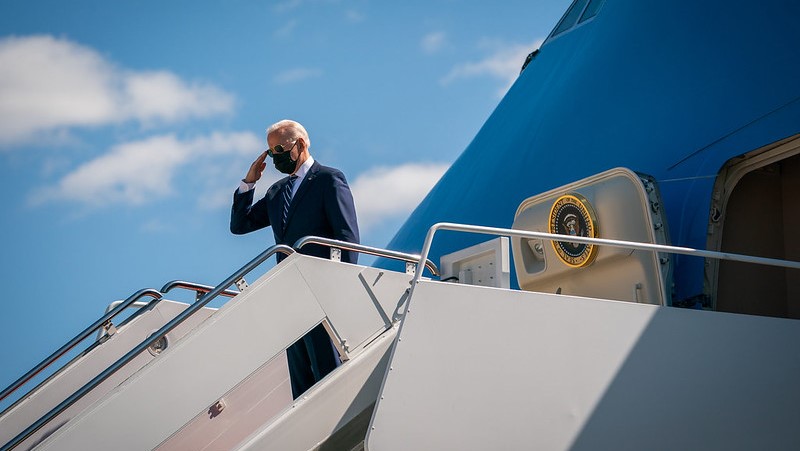
Does Biden’s Genocide Statement Boost or Subvert Turkish Ultra-nationalism?
By Halil Karaveli
May 3, 2021
While it’s a vital interest for Turkey to maintain the Turkish-American relations in as much good health as possible, President Joe Biden’s recognition of the Armenian genocide will have internal repercussions. For the ultra-nationalists, Biden’s statement underscores that they cannot reasonably expect Washington to accommodate Turkish state nationalism. The perception that the U.S. is a hostile power – albeit one that Turkey cannot afford a break with – incites the far right to step up its campaign against what it sees as America’s domestic allies, and it will seek to permanently disable the Kurdish political movement. However, Biden’s recognition of the genocide could ultimately also subvert Turkish ultra-nationalism as Turkey’s reaction to it reveals the hollowness of its pretentions of national grandeur.
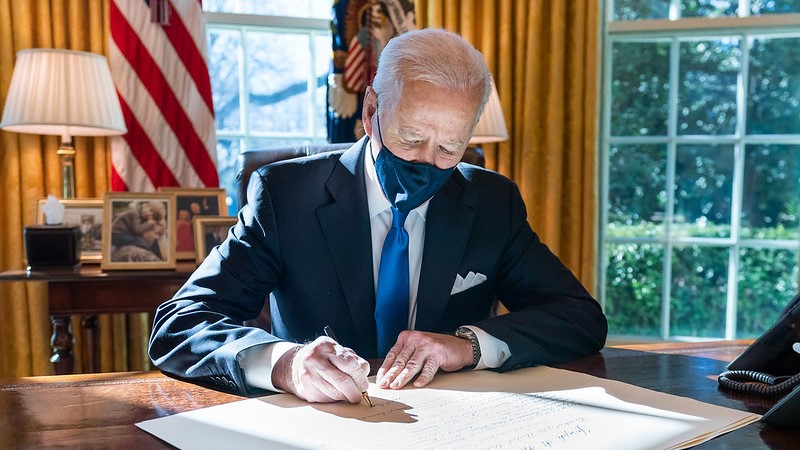
Amid Turkey’s Deteriorating Relations with the U.S. the Future of İncirlik airbase is Unclear
By John C. K. Daly
October 21, 2020
Dissatisfaction with Turkey has intensified to the point that the U.S. administration is considering abandoning İncirlik air base near Adana. Turkey in turn has threatened to expel the American military from İncirlik air base if the U.S. Congress imposes sanctions on Turkey for purchasing the Russian S-400 antiaircraft system. As Turkey has now activated the missiles, the future of İncirlik is at best unclear.
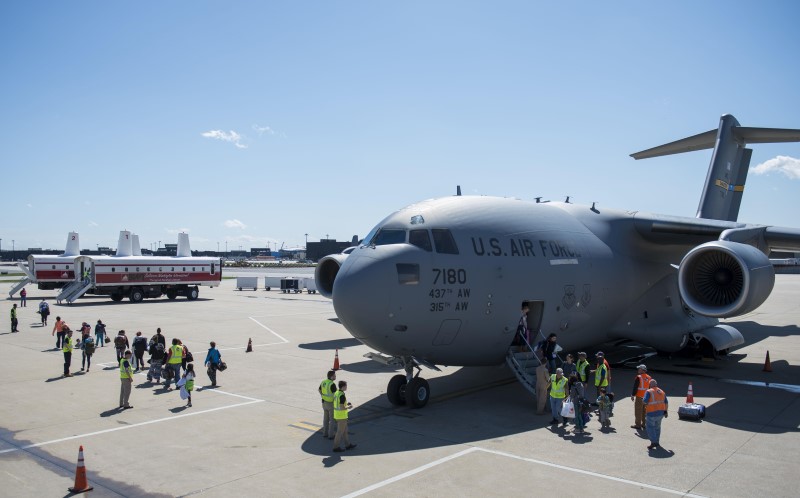
From Pro-Americanism to Anti-Imperialism: The Historic Turn of the Turkish Nationalist Right
By Halil Karaveli
September 21, 2020
Turkey’s pursuit of its geopolitical objectives in the eastern Mediterranean has historically not aligned with what used to be its paramount national security priority, to maintain a “strategic partnership” with the United States. The clash of foreign policy priorities has fuelled divisions in the Turkish military, between conservative pro-Americans and left-leaning, self-described anti-imperialists. Today though, the right-wing nationalists have embraced the anti-imperialism of the nationalist left. That is a profound change.
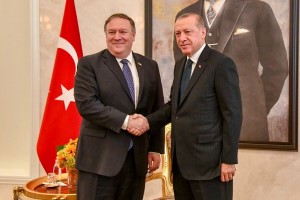
After Ten Days that Shook Syria: Turkey's Dependence on Russia Reaffirmed
By Cengiz Çandar
November 5, 2019
Turkey’s intrusion into northeastern Syria will have far-reaching consequences for Turkey, the balance of power in Syria and in the Middle East. The Rojava invasion also leaves a durable imprint on international relations at a global scale. It has left the United States in a weaker position, while Russia has strengthened its grip on Syria. Turkey’s dependence on Russia has been reaffirmed. The Russo-Turkish partnership in Syria may not prove long-lived since Moscow and Ankara have different, indeed fundamentally irreconcilable political priorities. It is unlikely that Turkey, dependent on the acquiescence of Russia and with an ailing economy, will be able to establish a permanent military presence on Syrian territory.
